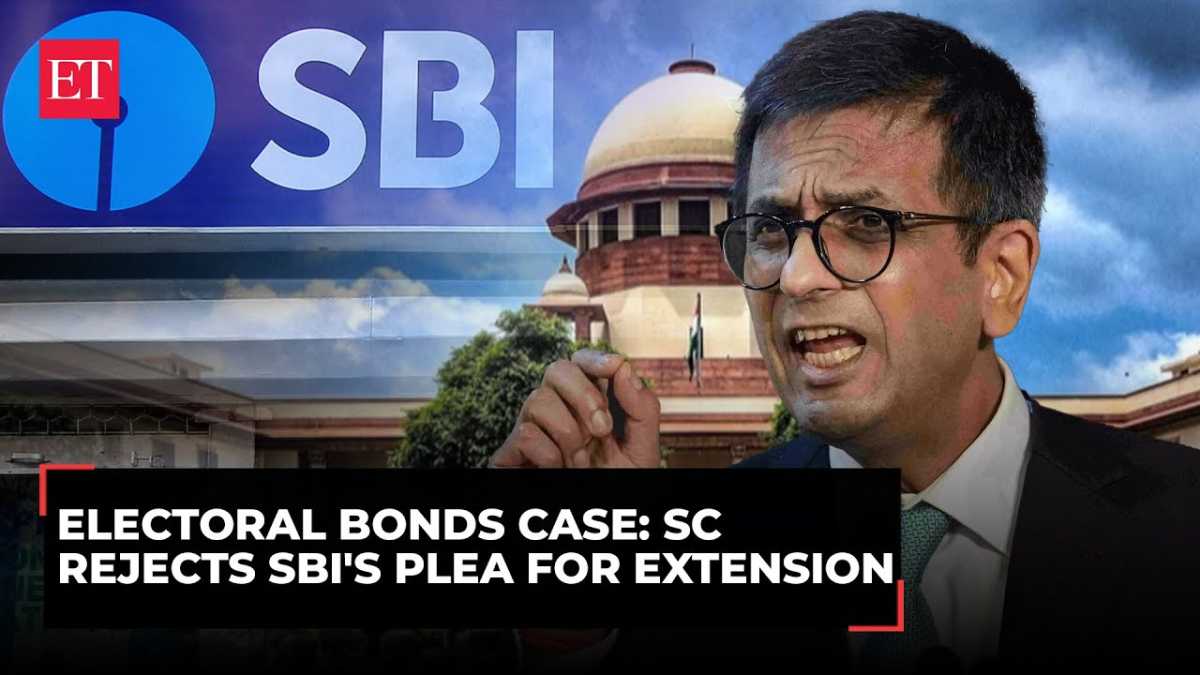Politics
Supreme Court Rejects SBI’s Plea for Electoral Bond Deadline Extension

India’s Supreme Court has dismissed an application by the State Bank of India (SBI) requesting more time to disclose information on individuals and companies that purchased electoral bonds to fund political parties.
The court has directed the SBI to share the required details with the Election Commission of India (ECI) by the end of the business day on Tuesday. The ECI is mandated to compile this information and publish it on its official website by March 12.
Introduced in 2017 by Prime Minister Narendra Modi‘s government, the electoral bonds system allowed anonymous donations to political parties through certificates purchased from the SBI.
The Supreme Court deemed the electoral bonds scheme unconstitutional on February 15 this year, citing infringement on voters’ right to information. This decision was seen as a significant setback for the Bharatiya Janata Party (BJP), the primary beneficiary of the bonds.
Amid concerns of opacity and potential misuse, critics pointed out that the system provided a loophole for funneling “black money” to political parties. The ruling also raised questions about the state-owned SBI’s role and the lack of transparency.
Opposition members and civil society groups challenged the seven-year-old funding mechanism, arguing that it jeopardized the public’s right to know about political donations. The Association for Democratic Reforms (ADR) highlighted their analysis showing that a significant portion of the donations went to the BJP, totaling around $600 million.
Individuals and companies were found to have purchased electoral bonds amounting to $2 billion as of November 2023. The Supreme Court’s decision to uphold transparency and accountability in political funding has been widely applauded amidst the ongoing national election preparations.












